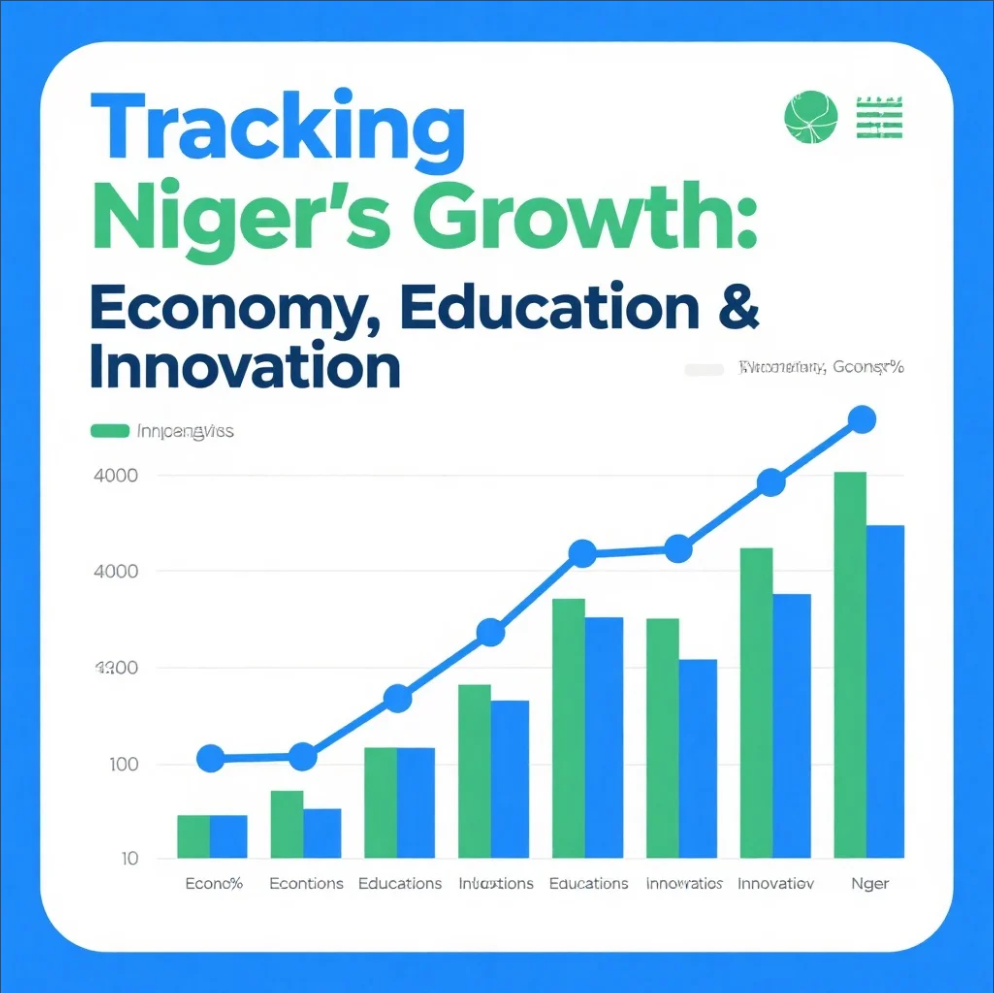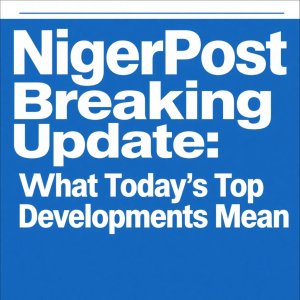Niger is a country rich in potential, with a young population, vast natural resources, and an increasing focus on development. While challenges remain, progress across the economy, education, and innovation sectors is shaping a more sustainable future for the nation.
1. Economic Development
Niger’s economy is largely driven by agriculture, mining, and energy resources. Recent investments in uranium, gold, and renewable energy projects are boosting growth while also diversifying income sources. Infrastructure development, including roads and digital networks, is creating opportunities for local businesses and attracting international partners.
2. Education for the Future
Education is central to Niger’s long-term progress. Efforts are being made to:
- Improve access to primary and secondary education
- Expand literacy programs in rural communities
- Encourage STEM education to prepare youth for tomorrow’s job markets
Though challenges such as low literacy rates persist, ongoing initiatives by both government and NGOs are slowly bridging the gap.
3. Innovation & Technology
Niger’s young population is increasingly turning toward entrepreneurship and technology. Startups focused on agritech, fintech, and digital services are emerging, providing new solutions to local challenges. Mobile technology is particularly transformative, connecting rural communities to markets, financial services, and educational resources.
Final Thoughts
While Niger faces ongoing social and economic challenges, its commitment to growth in the economy, education, and innovation signals a nation on the rise. By leveraging its youthful population and embracing new opportunities, Niger is laying the groundwork for a more prosperous and sustainable future.




